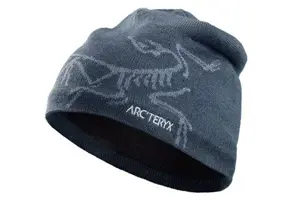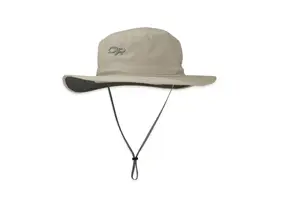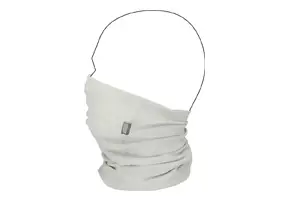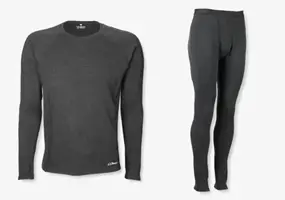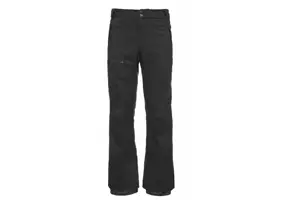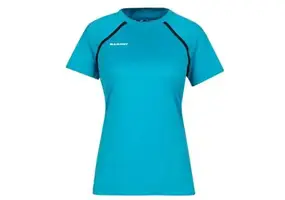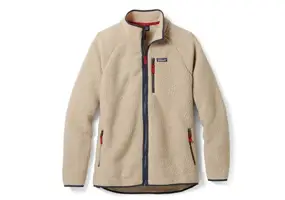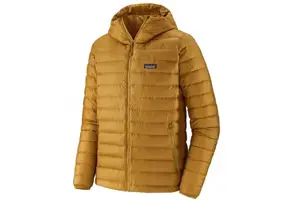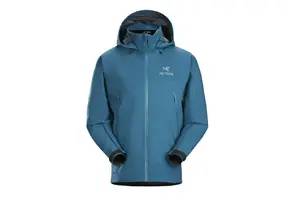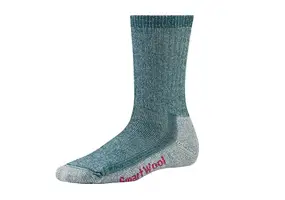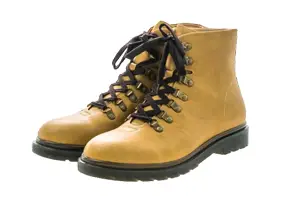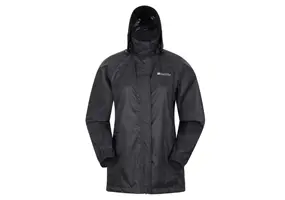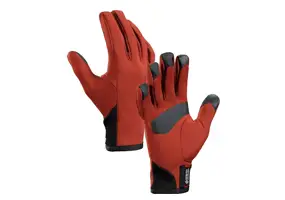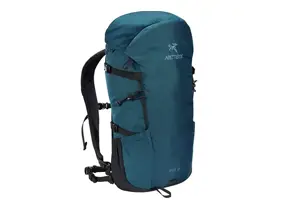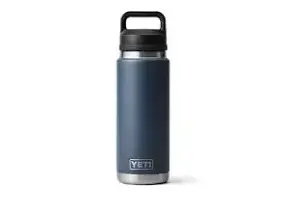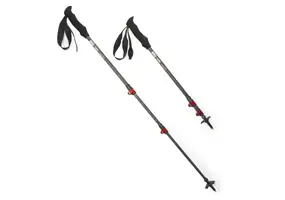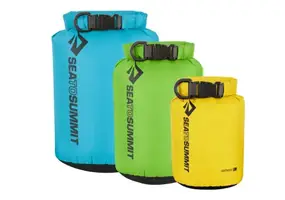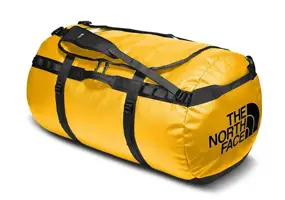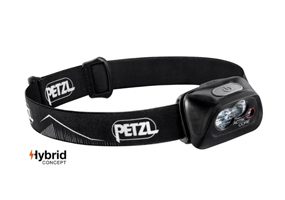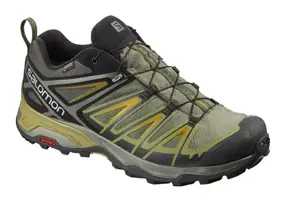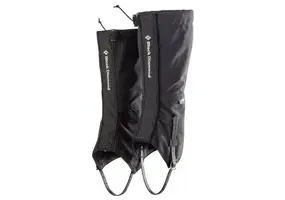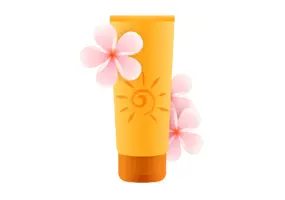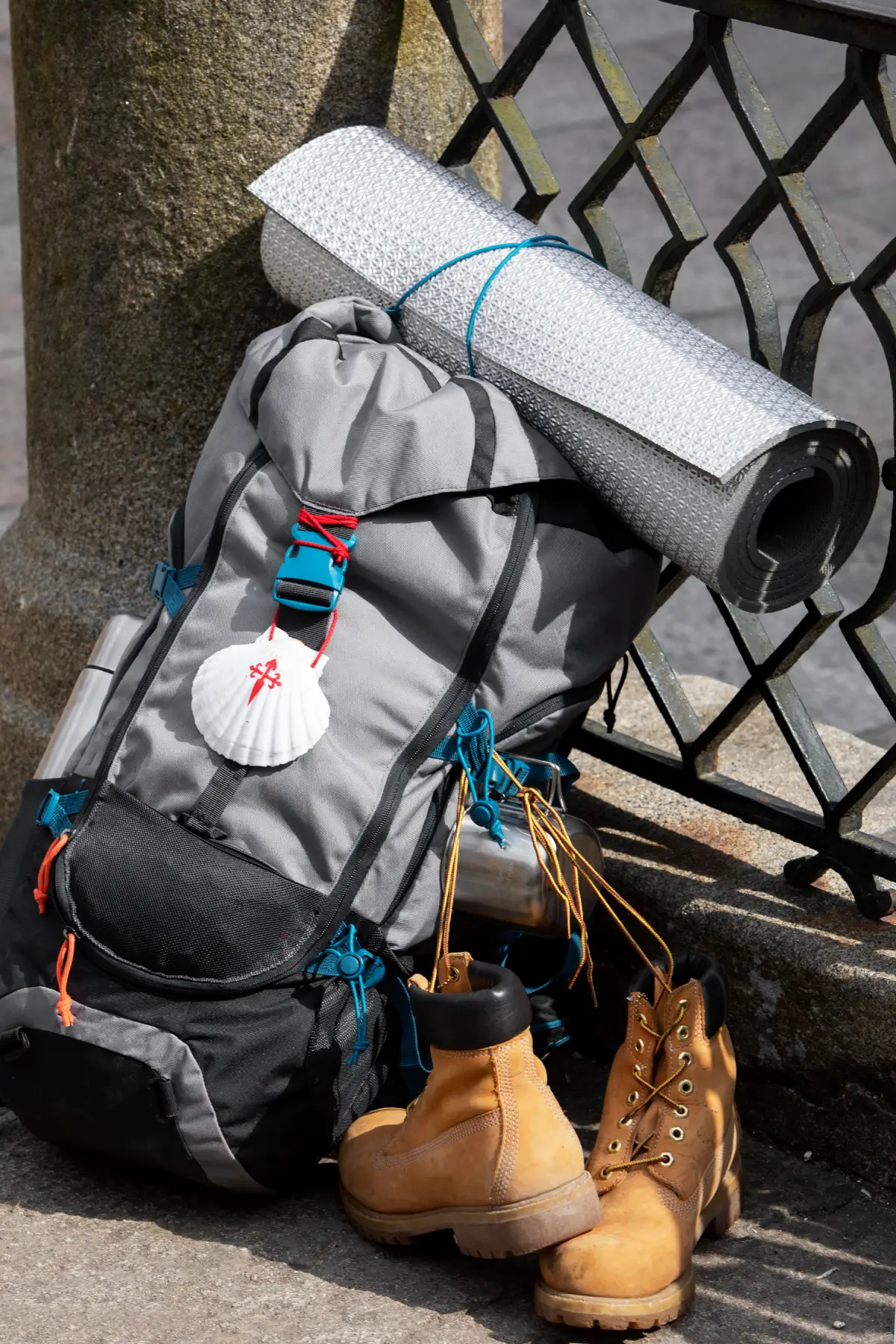
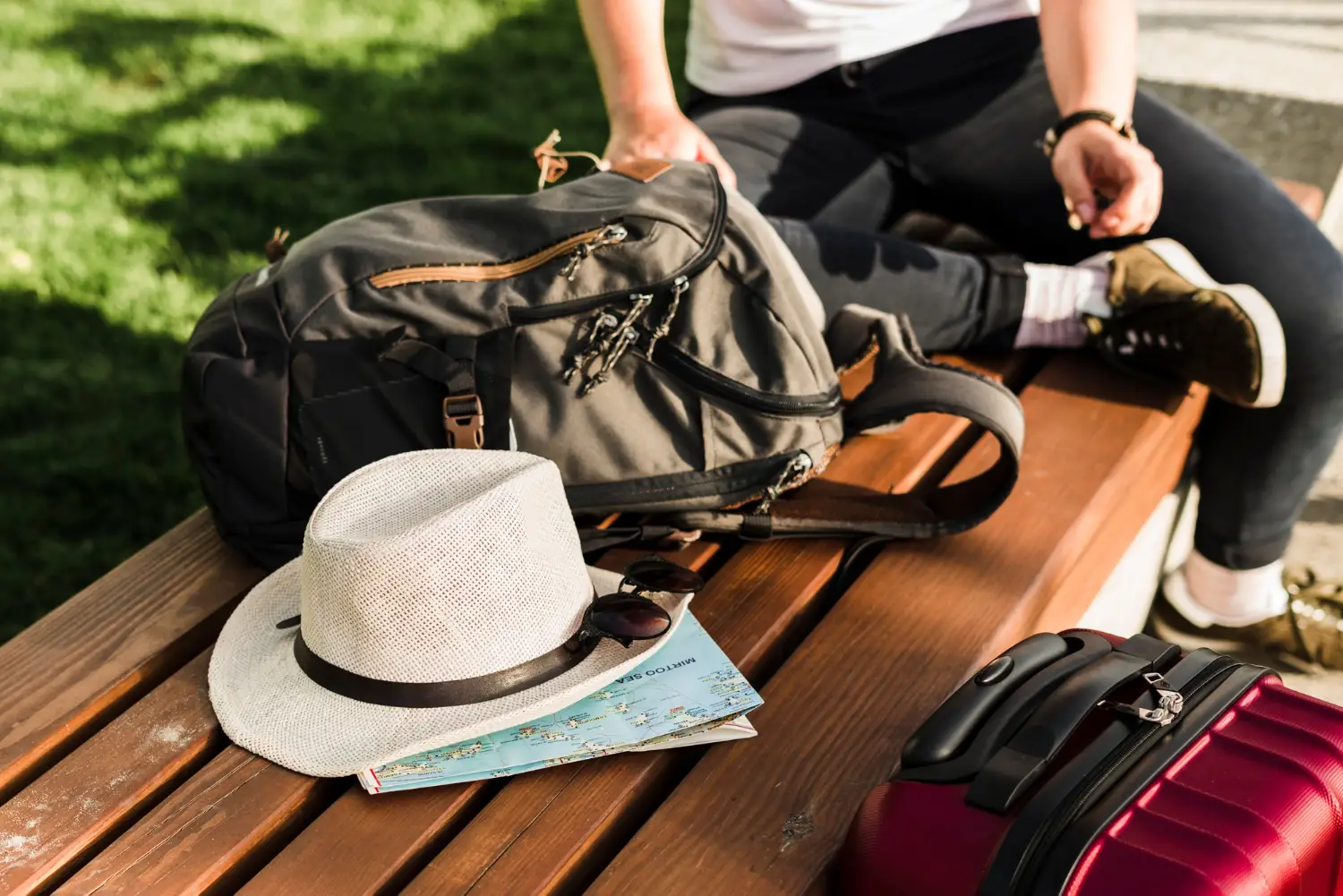
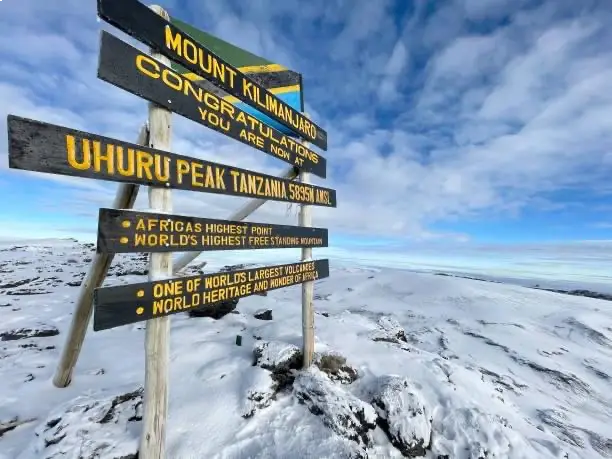
Carry All the Required Gear for Smoother Experience
Do you want a pleasant hiking adventure? Then carry all the required gear. During our hike, you will walk through 5 different climate zones and need to be prepared for them to avoid any physical uneasiness. To make your planning process easy, we have prepared a checklist to help you gather all the necessary essentials.
Holiday Adventure Africa
Hike Essential Checklist
Choosing the proper gear is essential for hiking adventure in Tanzania. Following are the essential gear that you need to carry durring hike.
Beanie
Beanie helps at higher altitudes in retaining much-needed heat. To bear the cold breeze, we recommend wool with fleece lining.
Beanie
Beanie helps at higher altitudes in retaining much-needed heat. To bear the cold breeze, we recommend wool with fleece lining.
Balaclava
Covering your face and neck is helpful to keep the sun or cold wind away. Therefore, don't forget to carry a balaclava to your hike.
Base Layer
As you approach the summit and temperatures drop, good base layers help you stay comfortable and dry. Merino wool products offer the best moisture control and warmth. We recommend a medium-weight top and bottom base layer.
Trekking Pants
The hike requires multiple days to complete. Therefore, you need to carry at least 2 pairs of trekking pants. We recommend light or medium-weight, convertible pants as they are great at the lower levels.
Trekking Shirt
We recommend having 2 short sleeve and 2 long sleeve trekking shirts that are lightweight, breathable, and quick drying. You should avoid cotton as it absorbs moisture and adds weight.
Fleece
Fleece jackets work great as a mid-layer. They are lightweight and warm and can be used as insulation in layers or as a standalone jacket.
Insulated Down
A down-insulated jacket is also essential. It goes on top of your base layer and fleeces to keep you warm on the summit night.
Shell Jacket
Shell Jacket protects your down jacket from the wind and snow on summit night. It is very important on the frigid, icy final push to the top. A non-insulated shell can be used as a rain jacket while trekking through the rainforest.
Socks
You should carry both thin and thick wool socks. Wool socks work best in cold environments. We recommend thick wool socks for the final days of the climb and thinner socks for the first few days.
Hiking Boots
You need sturdy, waterproof, and comfortable hiking boots. It is important to make sure your boots are not in good condition before starting the hike.
Rain Wear
While crossing the rainforest and during the rain shower, your rainwear keeps you dry. We recommend lightweight and easily packable rainwear. Ponchos are also a great option in a hurry, but they may leave your legs getting wet in a rain shower.
Gloves
You need several pairs of gloves for your trip. A lightweight pair for the cooler weather leading up to the summit and a heavy, insulated pair for the summit night. We recommend using an insulated pair in addition to thin liners for maximum warmth. Make sure they are wind and waterproof.
Backpack
A backpack is necessary to carry your daily snacks, water, rainwear, and other personal items. We recommend 35-40 liters. When making your selection, keep in mind our porters will carry most of your things up from camp to camp.
Water Bottle
Insulated water bottles are important to ensure your water does not freeze in the final few days. Camel back-type hydration systems work at a lower level, but the hoses can freeze as you get higher in elevation.
Trekking Poles
Trekking poles are a great way to help ease the stress on the lower body while climbing both up the mountain and back down. They can also help give you extra stability on uneven, muddy, or icy trails.
Dry Bags
Dry bags serve several purposes. They are great for organizing your belongings and offer an extra barrier against water. Keeping your clothing and personal items dry is very important during the hike.
Duffle Bag
A waterproof duffle bag is crucial to hold all your gear. It should be approximately 90 liters. Our porters will place your bag inside a larger, waterproof bag while traveling from camp to camp.
Head Lamp
During the hike, you need a good quality headlamp for any late-night toilet trips. It is very important to carry a headlamp on the summit night as well. Be sure to bring extra batteries.
Camp Shoes
Camp shoes can be hiking shoes or tennis shoes. After a long day of hiking, comfortable shoes help you relax your feet.
Gators
Gators are great for keeping your pants and boots from getting wet and muddy when trekking through mud and in streams. Don't forget to carry good quality gators on your hike.
Sunscreen
Sun feels good on a cold day, but it can dull your skin and may cause skin irritation. Once you get above the rainforest, shade becomes more and more scarce. Sunscreen and lip balm is a necessity in the harsh sun and wind.
Personal Hygiene
Since there are no showers in Kilimanjaro, we suggest you bring personal hygiene wipes. After hiking all day, being able to clean up some will help you sleep and relax. Don't forget to bring your toothbrush and toothpaste too.


